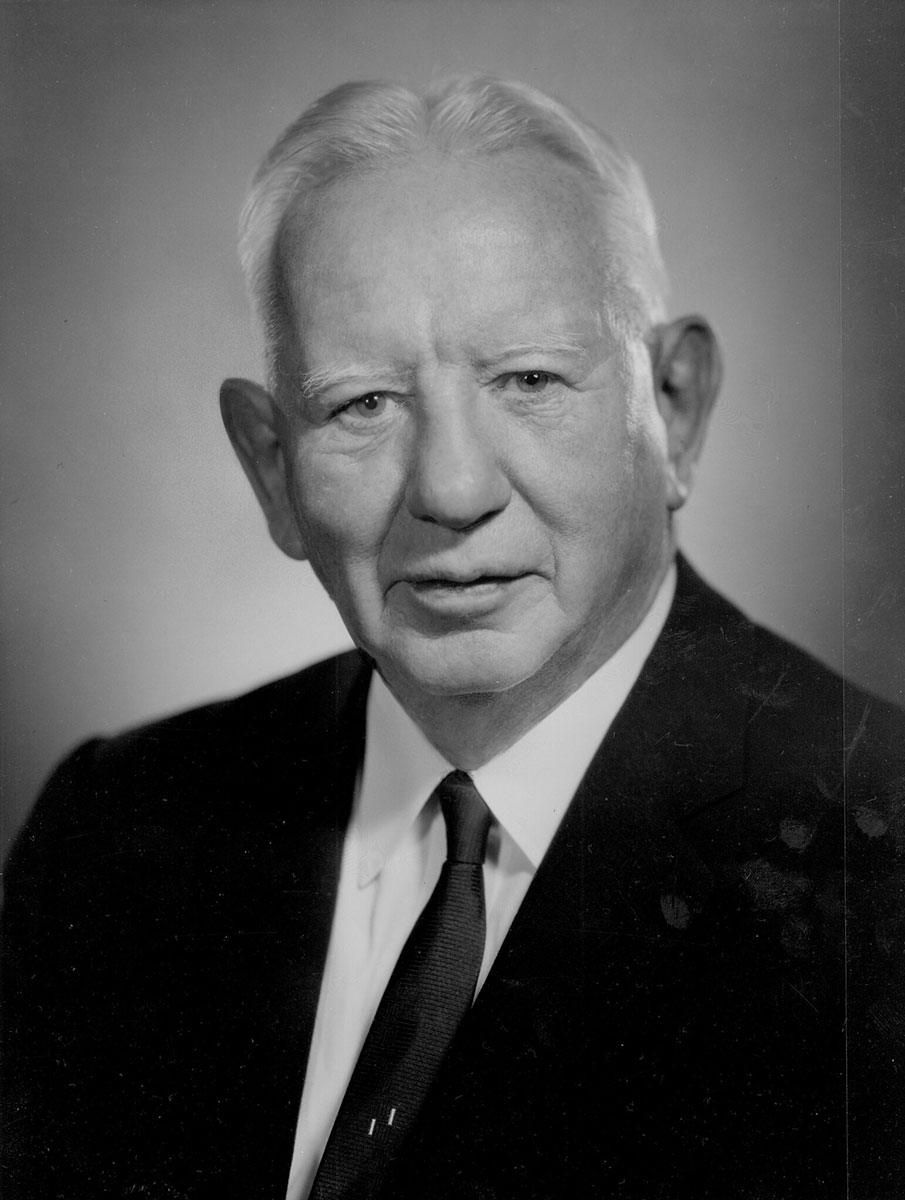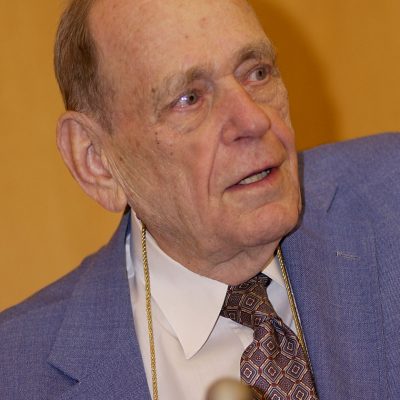Every day, hundreds of people head to Gross Hall to attend lectures, study in the atrium, tinker in the makerspace. But most of them probably know little about the building’s namesake, chemist and longtime administrator Paul Gross.
When Gross first came to Durham as a professor in 1919, Duke University was not yet Duke — it was called Trinity College.
By the time the name change was official, in 1924, Gross had risen to chemistry department chair (1921), holding the role for 27 years before becoming Dean of the Graduate School (1947-1952), Dean of the University (1952-1958), and eventually Vice-President for Education (1949-1960), the top academic post under the president.
In his four decades at Duke, Gross helped Duke transform from a regional college to a major research university.
During World War II, Gross led what was the largest military research project at Duke — the Frangible Bullet Project. The frangible bullet was a special bullet that would disintegrate on impact, enabling American pilots-in-training to practice firing at airborne fighter planes without actually shooting them down.
The project earned Gross the President’s Medal for Merit in 1948, the nation’s highest civilian honor.
While a successful scientist, Gross is perhaps best known at Duke as an administrator.
Gross fought for graduate fellowships and higher faculty salaries to make Duke more competitive.
Gross’s aspirations for Duke — and growing tensions with Duke’s then-president Arthur Hollis Edens — also led to one of the biggest administrative shakeups of the school’s history.
The two leaders’ differing views over who should oversee Duke’s expansion reached an impasse in 1960, when Edens resigned and Gross was demoted back to professor.
Known as the Gross-Edens affair, the rift led to a number of changes, including creating the provost position and forming the Academic Council to strengthen faculty governance.
After retiring from Duke in 1965, the Gross Chemical Laboratory opened its doors just three years later in 1968.



